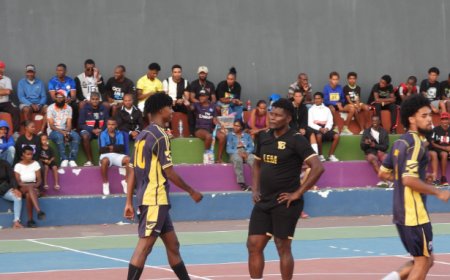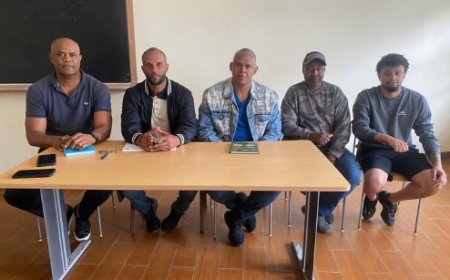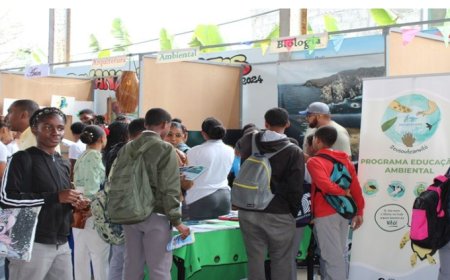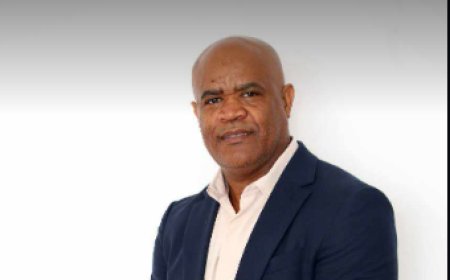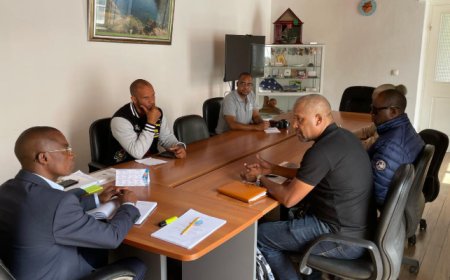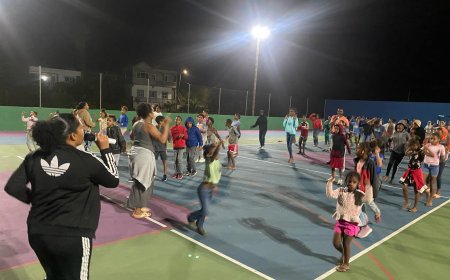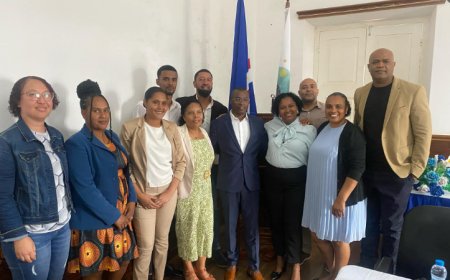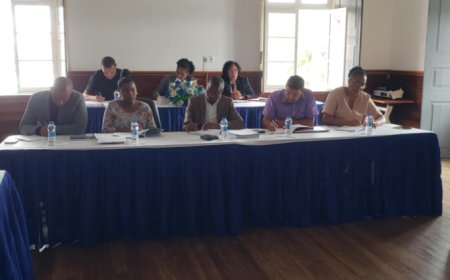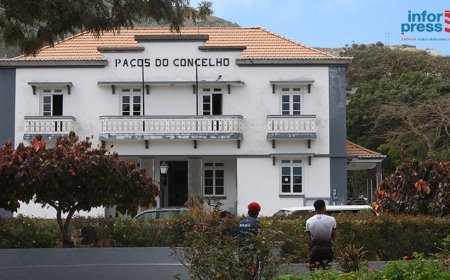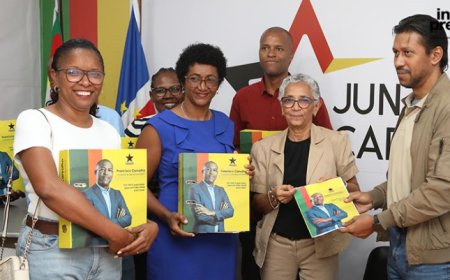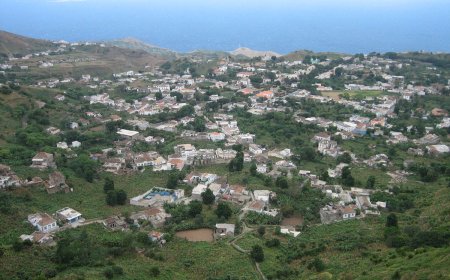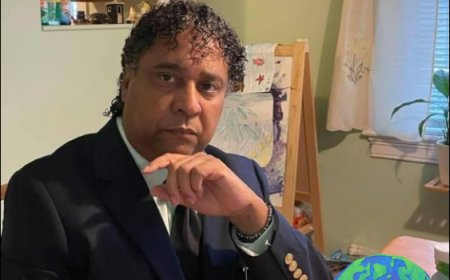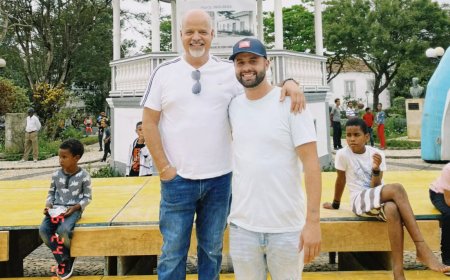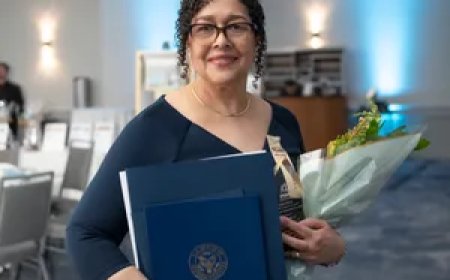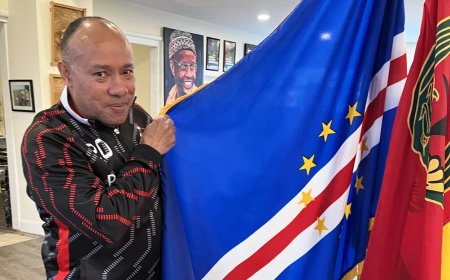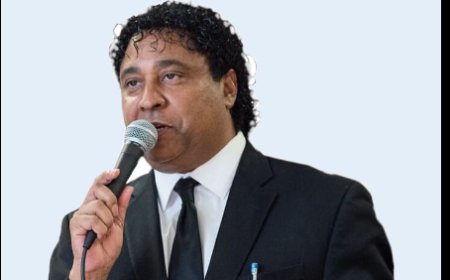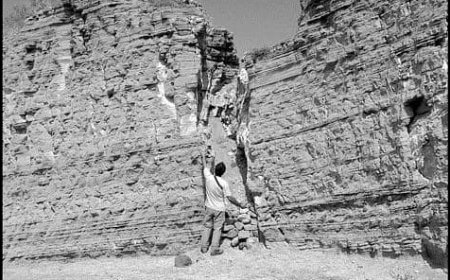Debate on Identity: Cape Verdeans question their Africanness amid the CAN (African Confederation of Nations) sports celebration
(…)In the wake of the recent victories of the Cape Verde team at CAN 2023 and its passage to the round of 16, social networks in the archipelago are buzzing not only with celebration, but also with an intense debate about identity. With the country celebrating half a century of independence, the inhabitants of the island of Brava are immersed in heated discussions about the very essence of Africa.
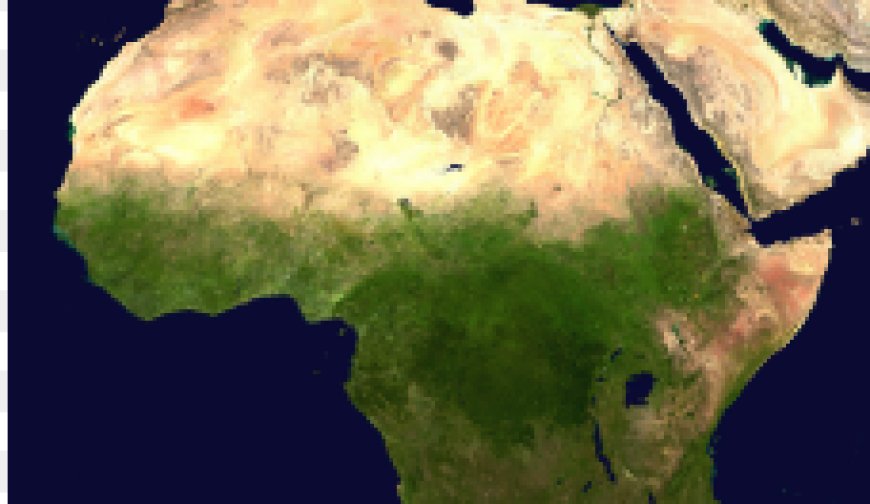
(...) While euphoria takes over the country due to the sporting success of their team, many people from Brava are involved in online conversations about deep issues of racism, prejudice and discrimination. The central question that divides opinion is whether Cape Verde should identify itself as African, European or in some other way.
The growing polarization reflects the complexity of Cape Verdean identity, influenced by a unique history of colonization, miscegenation and independence. Some voices argue that Cape Verdean culture and roots have strong African ties, while others highlight European influences in various aspects of society, including the official language, Cape Verdean Creole.
This debate acquires special relevance given the context of the celebration of the 50th anniversary of Cape Verde's independence (in 2025). The duality between African and European cultural influences is deeply rooted in Cape Verdean identity, leading to a deep reflection on how the country sees itself in relation to the African continent.
While the national team brings pride and unity to the country, online discussions reveal that Cape Verde's identity is a complex and multifaceted issue, which goes far beyond the sporting field. As Braves explore their own roots and narratives, the debate over what it means to be Cape Verdean in an African or European context continues to shape conversations on social media and beyond.
The debate on Creole Africanity in Cape Verde attracts the attention of several scholars and intellectuals, whose perspectives enrich the dialogue around Cape Verdean identity. Among the academics and experts who contributed to this discussion, the following stand out:
Corsino Fortes : Writer and former diplomat, Corsino Fortes is an important literary figure in Cape Verde. His writings often address issues of identity, belonging, and the cultural complexities of the archipelago.
Manuel Veiga : Manuel Veiga: Poet, linguist and essayist, Manuel Veiga is a prominent figure on the Cape Verdean cultural scene. His writings address themes related to language, identity and culture, offering a valuable perspective on the complexity of Creole Africanness.
Fátima Bettencourt : Historian and university professor who contributed significantly to historical research in Cape Verde.
José Luís Hopffer Almada : Writer, poet and historian, focusing on themes related to Cape Verdean history and culture.
Odair Barros Varela : Historian and author of works that address the political and social history of Cape Verde.
António Carreira : Historian and university professor, known for his research on the economic and social history of Cape Verde.
Adriano Miranda Lima : Historian and author who focuses on themes such as slavery and the African diaspora, with relevance to Cape Verde.
Jorge Tolentino : Cape Verdean writer, historian and diplomat, whose works address the political and cultural history of the archipelago.
Oníssimo Silveira : Historian and politician, he played a significant role in Cape Verde's independence and contributed to the country's contemporary history.
David Leite Viegas : Historian and university professor, focusing on African and Cape Verdean studies.
Margarida Fontes : Historian and researcher, Margarida Fontes stands out for her academic work that explores the history of Cape Verde, especially during the colonial and post-colonial periods. Their analyzes shed light on the social dynamics that shaped Cape Verdean identity.
These scholars, each in their own way, offer different perspectives on the intersection between Africanity and Creole identity in Cape Verde. His works and contributions help to contextualize the current debate, providing valuable insights for those seeking to understand the rich cultural tapestry that defines the Cape Verdean people. Dialogue between generations and different academic disciplines continues to be fundamental for a deep understanding of these complex issues.
The controversy surrounding Cape Verdean identity, specifically about Creole Africanity, gains strength as discussions deepen in society. Here are some points that highlight the complexity of this controversy:
Historical Influence: The history of Cape Verde is marked by Portuguese colonization, which left a deep cultural heritage. The mixture of Africans, Europeans and, later, the influence of other people due to the Cape Verdean diaspora, resulted in a unique and complex identity.
Cultural and Linguistics: The official language of Cape Verde is Portuguese, a colonial heritage. However, Cape Verdean Creole, a creole language based on Portuguese, is widely spoken and is a distinctive cultural expression that reflects African influence on the language.
National versus African Identity: The central issue of controversy often revolves around how Cape Verdeans identify themselves nationally and culturally. Some strongly advocate Creole Africanness, emphasizing African roots in culture, music and traditions. Others highlight European influences, arguing that colonial history is also an integral part of Cape Verdean identity.
Sports celebration as Catalyst: The victory of the Cape Verde team in African competitions served as a catalyst for these discussions. The sporting euphoria has sparked a renewed interest in the country's own identity, leading people to question what it means to be Cape Verdean in the African context.
Contemporary Challenges: Discussions about identity are also intertwined with contemporary issues, such as racism, prejudice and discrimination. Many see the need to address these issues internally, while solidifying themselves as a nation and member of the African community.
The controversy reveals the richness and diversity of Cape Verdean identity, highlighting that Creole Africanness is a constantly evolving narrative. These conversations provide an opportunity for Cape Verdeans to explore and better understand their history and culture, thereby shaping the path for the future in a globalized world.
A study consulted to produce this article examines the complex issue of Cape Verdean identity, focusing on the intersection between Africanness and Creole heritage. Based on a multidisciplinary approach, the work analyzes the historical, cultural and linguistic influences that have shaped Cape Verde's unique identity.
The research highlights the legacy of Portuguese colonization and the formation of a mixed society, resulting in a fusion of African and European elements. The Cape Verdean Creole language is explored as a linguistic reflection of this fusion, while Portuguese remains the official language, highlighting the cultural duality.
The controversy surrounding identity reaches its peak during sporting events that awaken national pride. Online discussions reveal different perspectives on how Cape Verdeans see themselves in relation to their Africanness, with some emphasizing African roots and others highlighting European influences.
This study highlights the contribution of local scholars, whose analyzes enrich the debate. The research concludes that Cape Verdean identity is a constantly evolving narrative, influenced by historical, cultural and contemporary factors. Discussions about Creole Africanness provide a crucial platform for Cape Verdeans to explore and better understand their identity in a global context.





